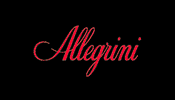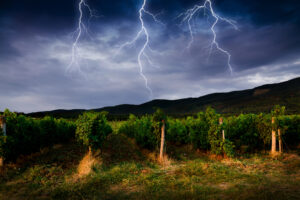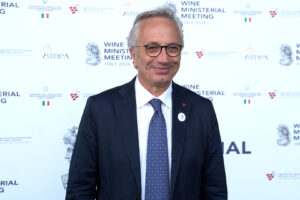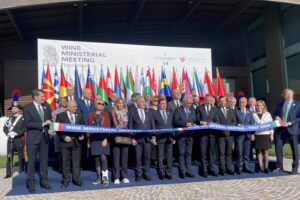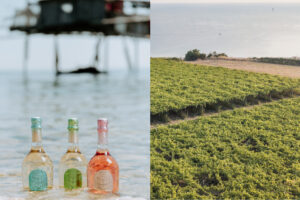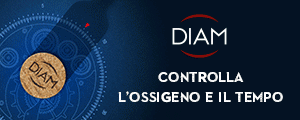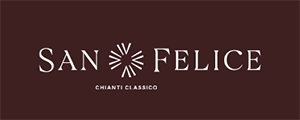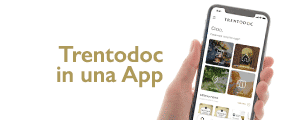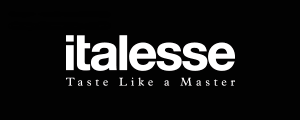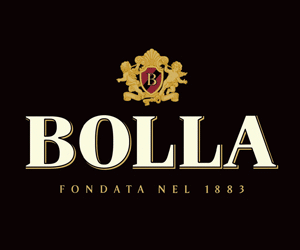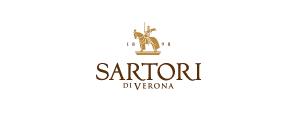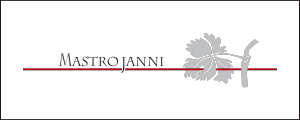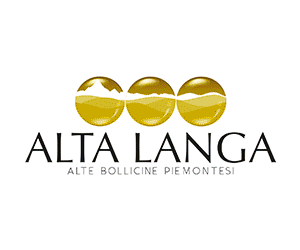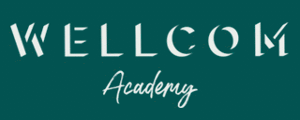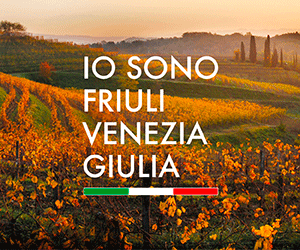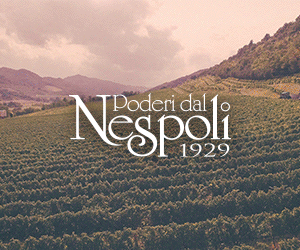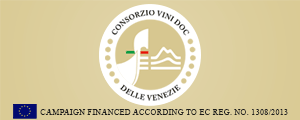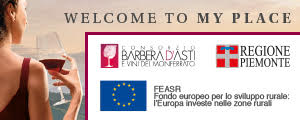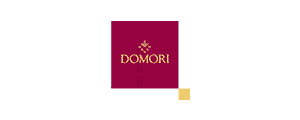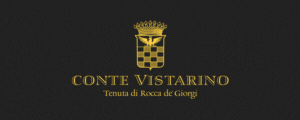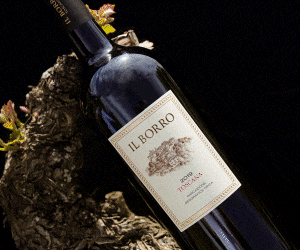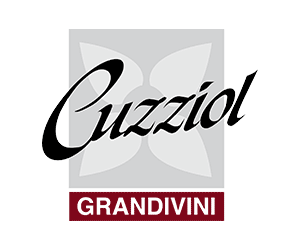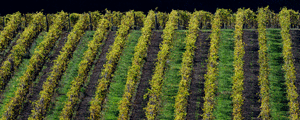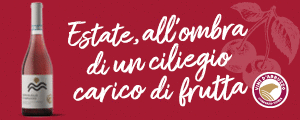Whether we consider it a claim of sovereignty over a smoky and distant supranational bureaucracy, or an inexplicable moment of collective madness that gripped a traditionally pragmatic and disciplined population, Brexit is a fact, even more so after Prime Minister May’s recent announcement that the United Kingdom is ready to pay its dues to leave the European Union.
Waiting for the fateful day, March 29, 2019, then, what can one expect in the near future of the number two importing wine country globally, and where Italy is the number one European country in volume, also thanks to the tsunami Prosecco? The British Master of Wine Sara Abbot answered this question at "Wine2Wine" (www.wine2wine.net), underlining the fact that the United Kingdom is so fond of Bacchus’ nectar that “according to calculations, if we limited ourselves to consuming what we produce every year, it would last about half an hour”.
This passion has been holding up magnificently in the chaos after the referendum, in the context of a “stable", but not growing economy, while consumption, often financed through credit, has pushed up inflation in an economic sector that, including related industries, moves about 3 billion Pounds. So, it is understandable and perhaps even desirable that the senior figures of the wine and spirits world "are aggregating in a series of informal networks, together with the work of WSTA [Wine and Spirits Trade Association, the sector trade organization in the UK, ed.], and they are making their voices heard at the parliamentary committee on alcohol level, at the government level and so on”.
It appears that their efforts are generating concrete results, since the real disaster to avoid would be “abandoning the community system that oversees traceability of and monitoring assets on which they are not taxed (the Excise and Movement Control System, or EMCS, ed.), making it much more difficult to avoid cases of counterfeiting and food sophistication. We are already seeing results, one of which is the decision to not further increase the excise duty on alcohol”, as WSTA had requested in order to "spare" British consumers in time for Christmas shopping.
If the proposed measures in the March budget had been approved, the tax burden on the total Christmas expenditure in wine, beer and spirits would have been 53.5%, compared to the current 51%.
These are perhaps small signals in an epic context, but still noteworthy for the industry’s lobbying activities, because they indicate British politic’s attention to a sector that is far from secondary to the United Kingdom’s economy, and not only...
Copyright © 2000/2024
Contatti: info@winenews.it
Seguici anche su Twitter: @WineNewsIt
Seguici anche su Facebook: @winenewsit
Questo articolo è tratto dall'archivio di WineNews - Tutti i diritti riservati - Copyright © 2000/2024



